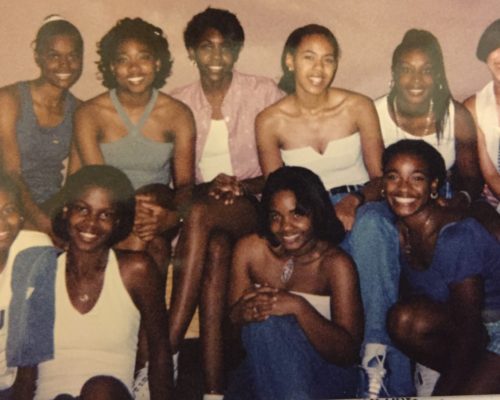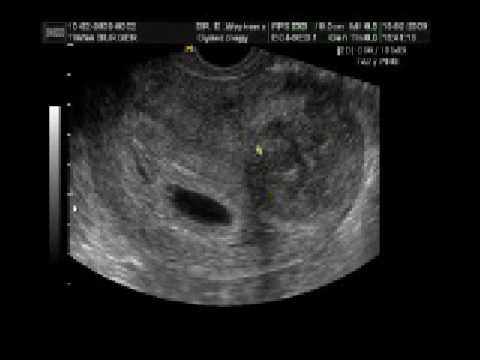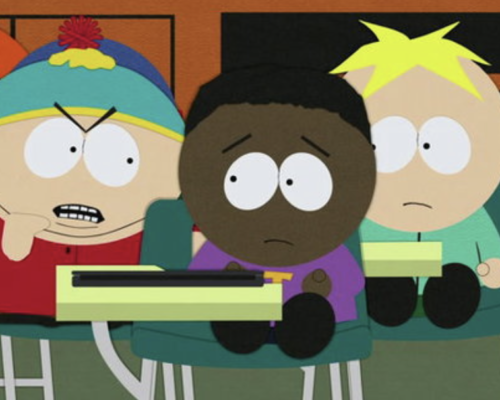
By Stacy Graham-Hunt
I love to take my son on a new adventure on Saturdays. Two Saturdays ago, I decided to take him to Kid City, a children’s museum in Middletown. Little did I know that the city would be celebrating its lesbian, gay, bisexual, and transgender queer/questioning, or LGBT, community that same day.
I drove for about 40 minutes on a bright, sunny and clear day, uninterrupted by traffic, while my 21-month-old son slept peacefully in his car seat in the backseat.
When we were only 5 minutes away from the museum, the main roads were blocked off with police barricades and a few costumed men and women seemed to be waiting in anticipation of something along the sidewalks. I had no clue what was going on.
“Where can I park?” I called and asked the receptionist at the museum. “Something big seems to be going on, and I can’t get to your parking lot.”
“Oh, yes. Middletown is having its first Pride parade,” she said. She encouraged me to park on Pearl Street, the side street, where I was calling her from. “We’re open until 5 p.m., but you might want to check out the parade before you arrive.”
I parked, but had no interest in the parade. “That’s none of my business,” I thought to myself. “I’m not gay.”
But little did I know that our 7-minute walk from my car to the museum would take us along the parade route and change my perception about what actually is my business. The parade started right around the time we got out of the car and started our journey toward Washington Avenue, the street the parade was on. I tried to avoid the parade route, by cutting through a parking lot, but there was no exit, so we had to turn back around.
I had never been to a Pride parade before and wasn’t sure if people would be stumbling around drunk, like at St. Patrick’s Day parades, which I also feel are none of my business.
The parade became my business. I saw rainbows and heard house music and saw lots of spectators dancing along to the music, smiling, laughing, cheering, and having conversations among the people they came with.
When I took a cup from a water station and we both drank from it, I knew that we were officially a part of the parade scene. My son and I were in the thick of it. I wondered what my son thought about all of the new sights that we were seeing. I wondered about how the men in my family would react if they knew that I had my son at a gay pride parade. One of them still uses the word “faggot.” Another once broke up with a woman who had a gay son. I loved to share things about my son with them, but I would keep this experience just between me and him.
I started to enjoy the parade. I became appreciative that fate had taken me on this new journey. I relaxed a little, but suddenly tensed up when I heard a man on the sidewalk screaming Bible verses through a bullhorn and declared that gay people were going to hell. I cringed. I was embarrassed because I was also Christian, and his actions were ignorant. I was always taught that God is love, and what he was doing wasn’t loving — it was hateful. It was ugly. I also thought about some of the people who email me with hateful messages about their ugly feelings about people who aren’t white or privileged like they are. I didn’t want to be like them or the fake sidewalk preacher. Out of all the things I feared my son might see at the parade, I hated that he was exposed to this man most of all.
We finally made it to the museum, and when we were done there, we walked back to the car. Although the parade was over, we saw the parade-goers transform into restaurant patrons, still joyful, and celebrating the festive spirit of the day. My son slept on the drive home, but I reflected on my first experience at a Pride parade. When I got home, I even saw that many people I knew, some even friends — gay and straight — also attended the parade. It turned out not to be the taboo thing that I let church folks or homophobic men let me imagine that it would be. I also realized how much I didn’t know about the LGBT community, and I felt a little bit guilty.
I had always felt that if I didn’t interrupt the community, then I was being open-minded. For instance, if I didn’t protest gay marriage, then I was in support of it. But after meeting Patrick Dunn, the New Haven Pride Center’s executive director, earlier this week, and learning so much more about LGBT issues, I realized that my silence could be perceived as betrayal.
As Dr. Martin Luther King said, “In the end, we will remember not the words of our enemies, but the silence of our friends.”
This article was originally published in the Connecticut Post. Email Stacy at info@stacygrahamhunt.com and follow her on social media @StacyReports.




